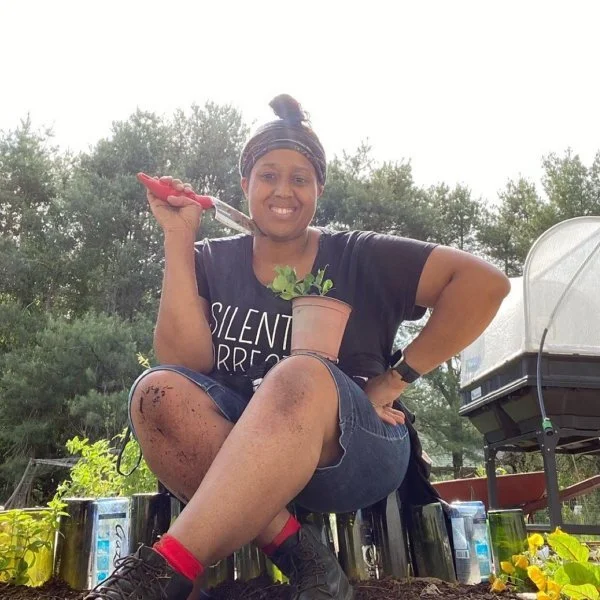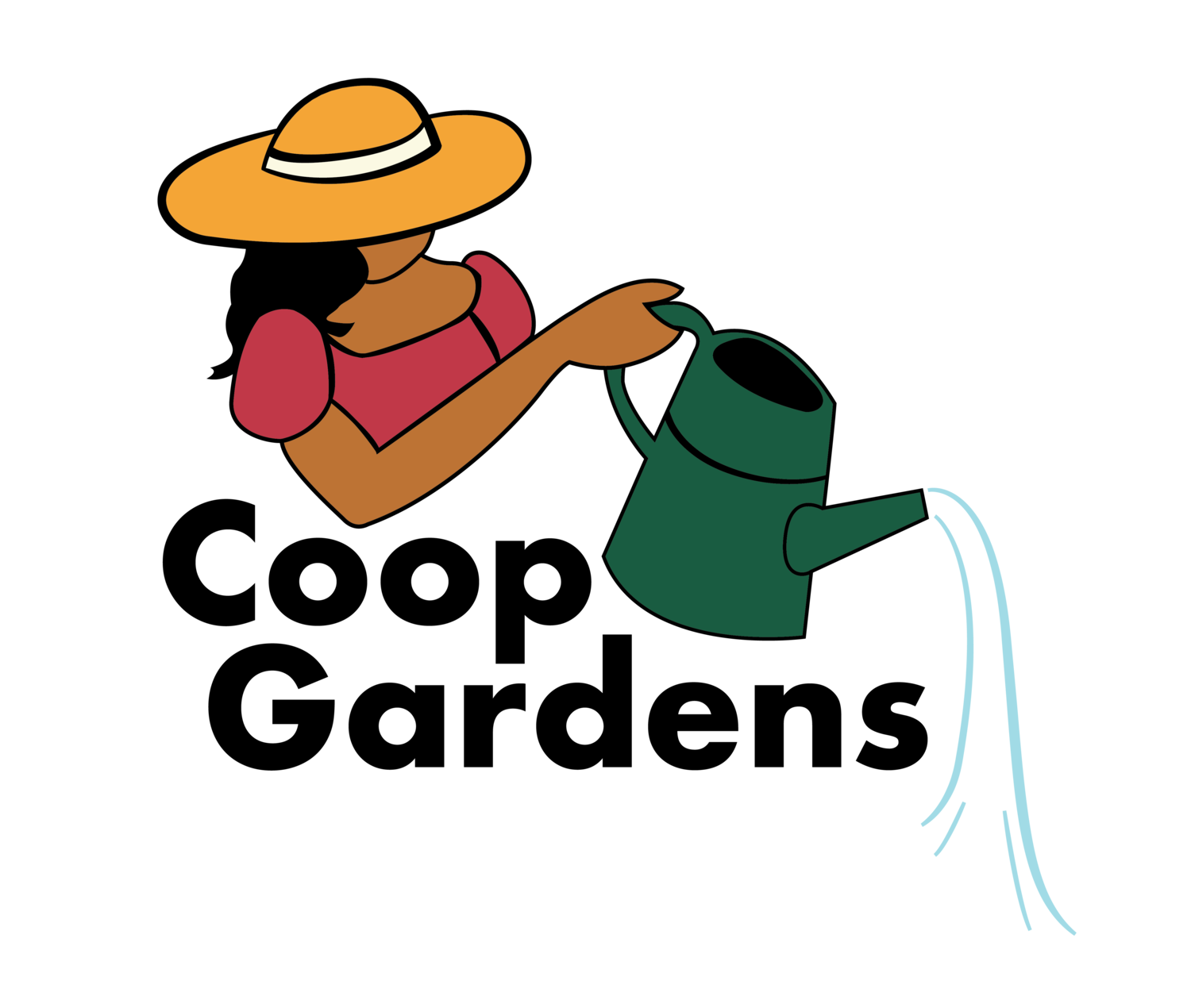Blog
Stories from #CoopGardens

A Peek at Late 70’s Seed Savers Wisdom
the Motherload of inspiration, the Seed Savers Catalogs, a collection from the very beginning, ranging through 1991. HOLY BEJESUS. Now seems like a good time to share this monumental effort of tracking seeds saved and available for exchange, along with the desired seeds.

Your Story Matters
Are you a Seed Hub? I have been, for the past two years, and I feel it has given me a way to do something tangible and meaningful to help others. That has provided me and others with a sense of resonant purpose in a highly stressful time. I will share my experience here, and ask you to consider doing the same.
The first year I received a massive amount of seeds! My friend Ben and I started a local chapter of CoopGardens, the Treasure Valley Community Gardens Cooperative (TVCGCoop). The story I am sharing here shares the organizations we’ve worked with. We are usually pretty quiet about our broader outreach, in a humble way, we are trying to do this work in good relationship-building ways.

Earth Day 2025
With our collective ingenuity, we thrived. No-chem farming became the norm. The use of chemical pesticides and fertilizers was heavily penalized by 2023, and in 2024 it was formally banned in 15 of the 50 states. Funds from these penalties were turned around to continue funding the just transition of labor and funding bio-regional food ways development. Mutually beneficial inventions, programs, processes and products were rewarded with investments in the form of grants and community determined subsidies.

How A Seed Hub Can Work
One of our very first Commissioners, Farmer Ama’s insight and inspiration did much to guide the Cooperative Gardens Commission in the early phases. She offers these ideas seed hubs and the collective.

Community Garden Delaware, Ohio
By Stefanie Hauk
Outlook for this garden initiative is good. The garden was run last year during COVID. Volunteers and individual plot renters were permitted to work in the garden as long as there was no more than 10 people total at a time. People were asked to bring their own tools/food and needed to follow masking and social distancing per the Ohio Department of Health.

When Everyone Grew Healthy Food
In 1943, at the height of the Victory Garden era, there were 20 million gardens, and Americans nearly had a self-sufficient healthy food supply, available on the hyper-local and bio-regional levels.

Black History Month
Learning from Black Farmers, Leaders, Thinkers and Activists
Food sovereignty as a concept stresses redistribution of power, gives us cause to seek and share land, and motivates us to push policy initiatives on every level. How we relate to the land and each other is central to it all.
This month, we look to Black thought-leaders and organizers of the past and present to lead the way forward.

Grid Philly: Grow Hope, Not Fear
What’s essential seems to be food and health. Our heroes today are healthcare professionals and grocery store workers, and behind them, the people who grow, process and bring food to our grocery store shelves.
Statement from the CGC Anti-Oppression and Allyship Working Group: Black Lives Matter!
As the Anti-Oppression and Allyship Working Group of the Cooperative Gardens Commission, we are working to challenge patterns of colonialism and racism in ourselves, our communities and in this work, because we know that this is the best path forward for all of us. We say this while acknowledging that we also have much to learn.

The Bullock Garden Project
Last week and in response to the brutal murder of George Floyd in Minneapolis that starkly reminded us we have a lot of work to repair, rebuild, and improve our institutions so all feel welcome and are protected, Sonya went unscripted and reflected her first-hand experience being a black woman, educator, and mother on Instagram, to share her story…

What Food Security Looks Like…
Headlines increasingly warn about food shortages caused by COVID 19… and that billions more dollars are needed to make sure people are able to have meat, dairy, grain, fruits, vegetables… promoting the sense that there is “nothing we can do.” These headlines–intentionally or not–create a sense of dependence on, and demand for, something with an unnecessarily limited supply. We are not helpless to change the trajectory of our community and individual health.

